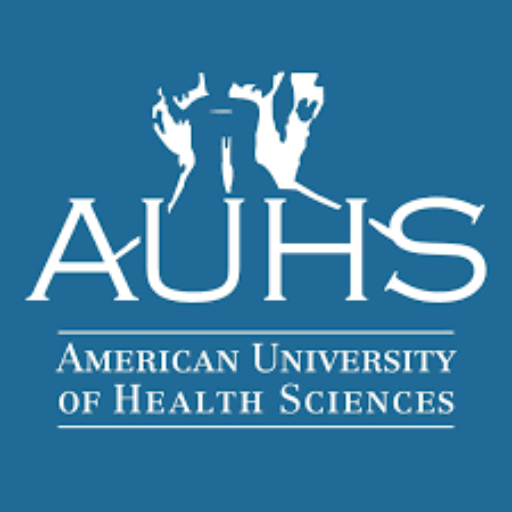Master of Science in Nursing (MSN) Degree
The Master of Science in Nursing Degree prepares individuals for advanced nursing practice and students gaining cutting-edge leadership skills needed to influence positive changes in health care in organizations in a diverse global environment. The nursing master’s level curriculum integrates core master’s level concepts in all programs, and advanced clinical foundations (i.e., assessment, pharmacology, pathophysiology) in 3 concentration/specialization: (Nursing Education, Nursing Administration, Leadership & Management and Family Nurse Practitioner.) The Nursing Master’s Program, in alignment with the Commission on Collegiate Nursing Education (CCNE) Standards for Accreditation of Baccalaureate and Graduate Nursing Programs (amended 2018) has utilized as founding principle, the Essentials of Masters Education for Professional Nursing Practice (AANC, 2011).
The Program provides three different tracts for bachelors prepared nurses to advance their careers in the areas of nursing education; nursing leadership and management; and advanced practice as a family nurse practitioner. The courses in the Nurse Leader and Manager option will help the student gain advanced knowledge of organizational leadership, health policy, and evidence-based health care delivery in order to prepare the student for leadership and administrative roles in a variety of health care situations. The Nursing Education option is designed to prepare students for a nurse educator role in academe and reflects nurse educator competencies developed by national organizations. The Family Nurse Practitioner (FNP) option prepares nurses to act in an advanced practice role as a provider of primary care.
Objectives (desired competencies):
The anticipated objectives for the Master of Science in Nursing Program are to produce graduates who:
PLO 1. Integrates scientific underpinnings from nursing, bio psychosocial fields, genetics, public health, quality improvement, and organizational sciences for the continual improvement of nursing care across diverse settings (evidence-based practice) in the role of the master prepared nurse. (Derived from Master Essential I).
PLO 2. Utilizes principles of organizational and systems leadership critical to the promotion of high quality and safe patient care emphasizing ethical and critical decision making, effective working relationships and a systems-perspective.
PLO 3. Articulates the methods, tools, performance measures, and standards relate to quality, as well as are prepared to apply these principles within an organization.
PLO 4. Translates and integrates scholarship into practice by applying research outcomes within the practice setting, resolving practice problems, and working as change agents to disseminate results.
PLO 5. Utilizes informatics and health care technologies to deliver and enhance care and use communication technologies to integrate and coordinate care.
PLO 6. Uses inter-professional collaboration to improve patient and population health outcomes as a member and leader of interprofessional teams while communicating collaborating and consulting with others to manage and coordinate care.
PLO 7. Applies and integrate broad, organizational, client-centered, and culturally appropriate concepts in the planning, delivery, management, and evaluation of evidence-based clinical prevention and population care and services to individuals, families, and aggregate populations.
PLO 8. Practices with an advanced knowledge of nursing and relevant sciences background and integrate this knowledge into practice.
PLO 9. Demonstrates practice that is broadly defined to include any evidence-based nursing intervention resulting in the influence of healthcare outcomes for individuals, populations and or systems with the intention to impact care directly and indirectly.
